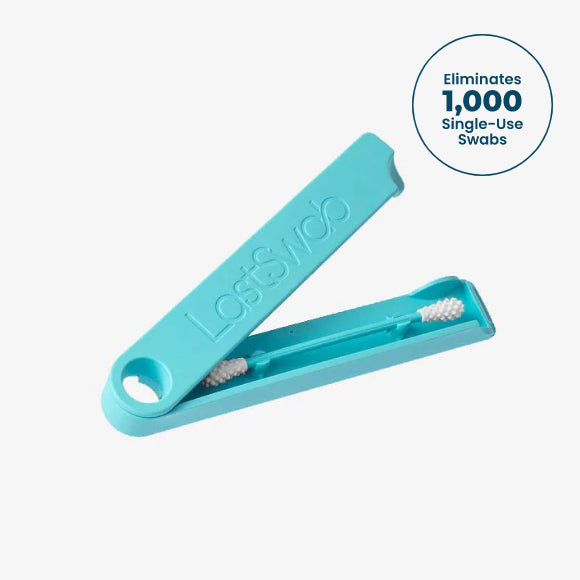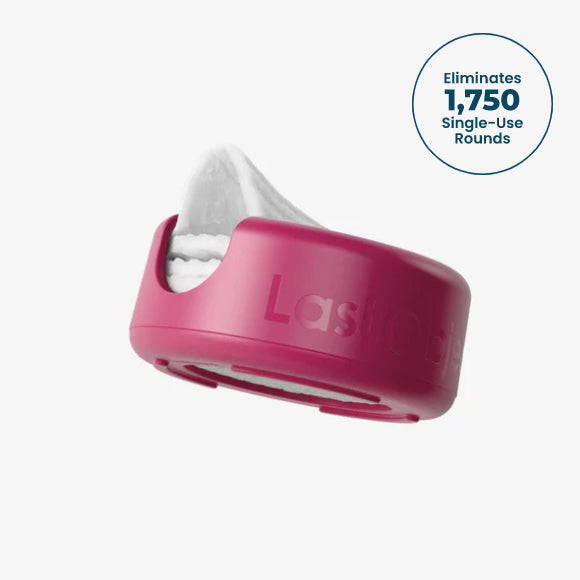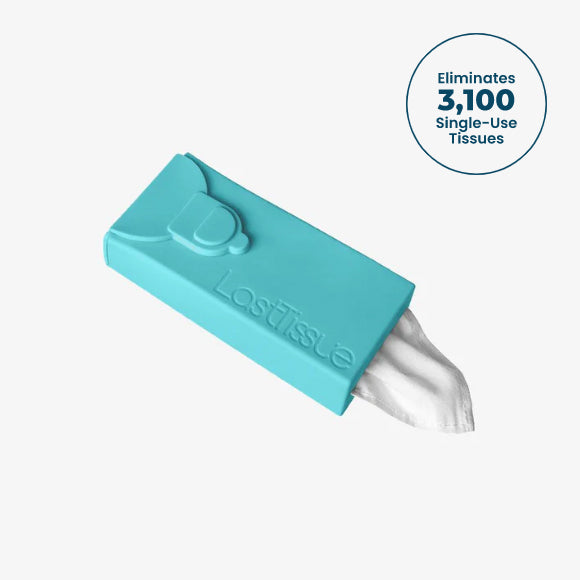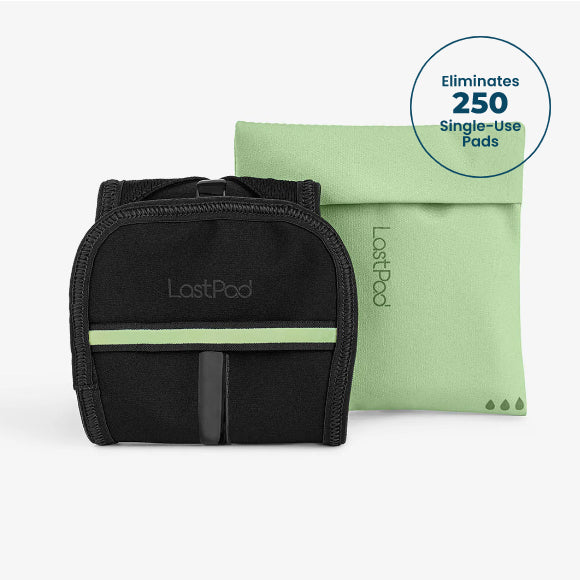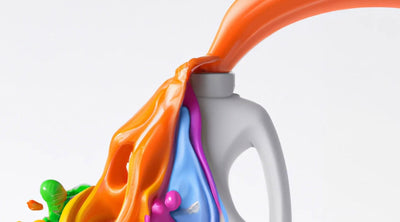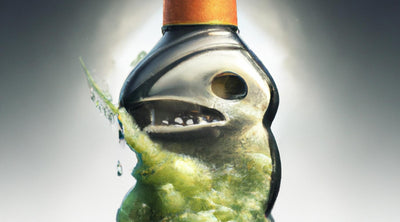Glass VS Plastic
October 27, 2021In the sustainability debate over glass vs plastic, the former generally comes out on top. There is a widely held perception amongst environmentalists that glass equals green. As such, zero-waste homes are often replete with rows of glass jars containing whole foods. However, the conception that glass is always better for the environment needs revising. In fact, a range of factors like manufacturing, weight, transportation, recyclability, and reusability, need to be considered on a case-by-case basis. There may well be instances when plastic is the greener option.
We delve deeper into this topic below to help you make more sustainable decisions.
Glass And Plastic: Recycling Differences
One of the great green characteristics of glass is its recyclability. It can be recycled into new glass without impacting its quality or integrity. This process can theoretically continue endlessly. By contrast, the quality of plastic degrades as it’s recycled. This means that it’s much harder to recycle it into the same product again. For example, plastic bottles are rarely recycled into new plastic bottles because the recycled plastic lacks the requisite integrity. Rather, plastic gets recycled into another lower quality form, such as plastic lumber.
Consequently, when you buy something that’s wrapped in plastic, it’s often new plastic. Glass containers, however, can easily be made from recycled material. Not all containers you see will be, but a growing proportion of them are. As a result, glass outperforms plastic in this specific regard.
What is Being Taken Into Account When Measuring Environmental Impact?

Environmental impact can be measured using a variety of different metrics. Let’s take a look at some of those key measures below.
Global Warming Potential
Global Warming Potential (GWP) is an oft-used measure for environmental impact. It indicates the amount of extra heat a gas traps in the atmosphere. Specifically, this is measured over time and relative to carbon dioxide (CO2). In this case, manufacturing glass is often better than plastic. However, glass is much heavier than plastic, meaning that transporting it produces far more pollution than plastic does.
Recycling
Recycling is a process we’re all familiar with. This is when we convert waste into reusable products or other materials. Let’s examine glass vs plastic bottles below:
|
Glass Bottles vs |
Glass Bottle |
Plastic Bottle |
|
How Many |
Theoretically, infinitely |
Once or twice, then it is downcycled into other materials. |
|
% Of Product |
80% |
9.5% |
So, are glass bottles better than plastic? As can be seen, glass is the clear winner when it comes to recycling. However, efforts to recycle more plastic are growing quickly. Global corporations such as Coca Cola and PepsiCo are working to achieve this.
Transportation Of Materials
As mentioned earlier, plastic is considerably lighter than glass, which means that less greenhouse gasses are produced when transporting it. This is a major concern, since products go through a lot of transportation over their life cycles. Transporting them to a bottling plant, then a shop, then a recycling plant or another bottling facility, and so on, starts to add up.
To further illustrate this point, a 500ml glass bottle weighs around 400g. By contrast, a 500ml plastic bottle weighs roughly 10g. This makes glass bottles around 40 times heavier than their plastic counterparts, leading to considerably higher fuel emissions when transporting them in large quantities.
Glass and Plastic: The Pros & Cons

Glass
Pros
- Glass is 100% recyclable without loss of quality.
- Bioavailable materials, such as sand and limestone, are used to make glass.
- Its recyclability means that using glass reduces consumption of raw materials. It also cuts down on greenhouse gas emissions. Any glass object can be recycled into a new glass product at any time.
- Glass is not toxic or harmful to humans and the environment. It doesn’t leach toxins into food or drinks.
Cons
- Glass is heavier than plastic, resulting in considerably higher greenhouse emissions produced through transportation.
- Glass is less durable than plastic, which necessitates the use of packaging materials for transportation. The production of these materials produces more greenhouse gases.
- At present, glass food containers are often deeply contaminated throughout their lifecycle. This precludes them from being recycled into other food containers. Often, they are transformed into construction materials instead.
- If glass is broken, then it is often left to decompose wherever it lands. These pieces can then take up to 1 million years to break down.
- The global production of glass is using 50 billion tons of sand annually. This is twice the amount that is naturally produced by our rivers each year.
- Producing new non-recycled glass results in a high volume of greenhouse emissions. The furnaces used in this process require fossil fuels. To drive this home, it takes 1 liter of gasoline to produce 1 kilogram of glass.

Plastic
Pros
- Plastic is a robust material with a long lifespan.
- Plastic is considerably lighter than glass, resulting in greater fuel efficiency during transportation. In turn, this significantly reduces greenhouse emissions.
- Using plastic bottles can result in up to 40% less fuel costs for transportation.
Cons
- Plastic is created from petroleum, which is a non-renewable material.
- Non-renewable energy sources such as petroleum cause greenhouse gas emissions. Additionally, the extraction process often pollutes rivers and other natural environments. Crude oils and other toxic materials are byproducts, which also harm the ecosystem.
- Global plastic use has produced an enormous carbon footprint. 1.8 billion metric tons of greenhouse gasses are created annually because of plastic production.
- Unlike glass, plastic is very limited in the extent to which it can be recycled. Eventually, it will become a waste item that can’t be recycled further.
- Plastic doesn’t fully break down, but rather turns into microplastics. Microplastics have been found everywhere from the oceans, to rain, and even in food.
- Current efforts to recycle plastic are lackluster. Approximately 9% of the world’s total plastic is being recycled presently.
Glass Vs Plastic: Final Thoughts
As you can see, the debate around glass vs plastic is more complex than many assume when you look at the full picture. One isn’t always better than the other. More often than not though, glass will be a better alternative to plastic because it’s generally friendlier on the environment. But just remember that on some occasions, plastic could actually be the greener choice.
Whichever way you end up going, try to take the path that reduces your carbon footprint. And no matter what you’re using, always make an effort to recycle and reuse it as much as possible, whether it be plastic or glass.
MORE Sustainability 101 ARTICLES View all ›
Ready to make
the switch?
- Powerful Cleaning
- Dissolves Easily
- Skin-Friendly
- Eco-Friendly
- No Mess





